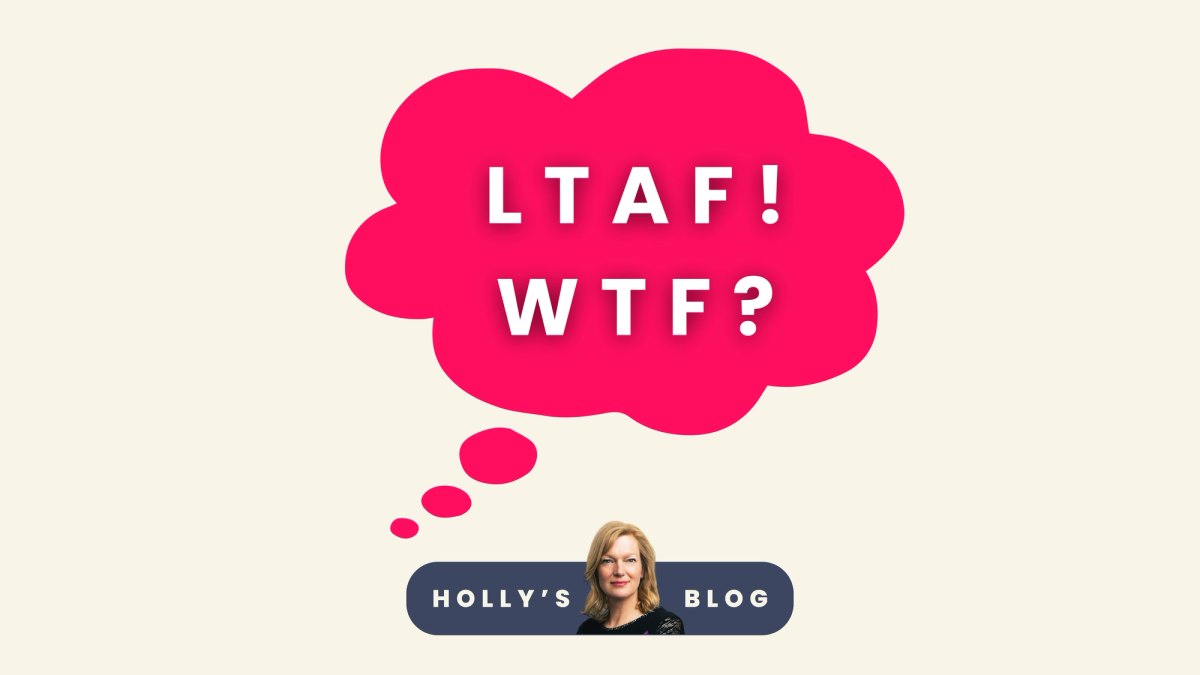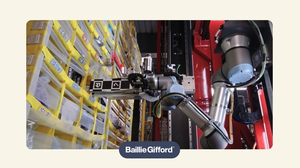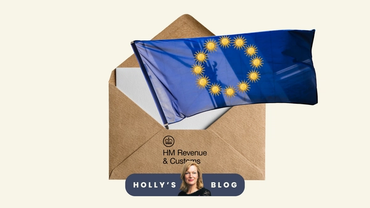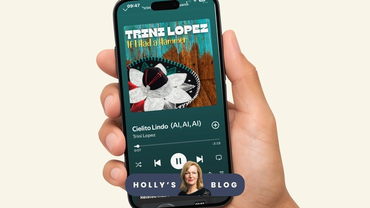Here come the LTAFs...
By Holly Mackay, Founder & CEO
12 Sep, 2025

This week, we released last month’s best-selling funds. A new face in the Investment Trust top picks is Fidelity China Special Situations, presumably in response to the Shanghai Composite Index rising by about 8% in August. Getting really granular, China’s STAR 50 Index (mostly semiconductors, tech and biotech) was a financial Sichuan peppercorn, sizzling up by 28% in August.
Cambricon is a Chinese tech company which makes AI chips and its revenue jumped over 4300% in the first half of this year. Why? It’s China’s answer to Nvidia and a beneficiary of China’s technology ‘self-sufficiency’ strategy. In other words, it’s partly an AI-play and partly a Stuff-Donald-Trump play. It briefly became the most valuable stock on China’s stock market, but alarms some as a huge chunk of its revenue reportedly came from one major customer, ByteDance, the company behind TikTok.
Now, I don’t want to influence markets, but I will say that I have new screen time limits on my daughter, who I suspect was TikTok’s major global user in August so... #justsaying.
LTAF, WTF?
Closer to home, and next week, retail investors will be able to buy something called an LTAF. Contain your excitement. Long-Term Asset Funds give us mere mortals access to long-term, illiquid assets such as private equity (shares in companies not on the stock exchange), infrastructure or property. This is interesting because the returns here can be compelling, especially when interest rates fall.
Expect to hear a lot more about private markets and LTAFs over the coming years. The Government’s growth agenda wants this (someone needs to fund our infrastructure projects as any commuter knows), pension companies want it (they have to find a way to improve returns if we’re all going to live till we’re 150) and the fund managers
want it (the fees are high and we’re all buying cheap passive stuff which doesn’t pay the bills).In a UK first, next week, we will be able to buy 2 Schroders LTAFs at Hargreaves Lansdown, in either a pension or a General Investment Account. It's thought that the rules will change and enable us to buy these in ISAs from April next year.
Best thing since sliced bread? Or a soggy (expensive) crumpet?
Schroders Capital Global Private Equity LTAF has about 270 privately-held companies in it. It’s based on an existing Schroders fund which reports returns of about 14% since inception in 2019, but only 5% over the last year. They own companies like Essential Pharma, Captain D’s Seafood Kitchen, Cyclomedia and Cin7 (as at Jan this year). Funky firms we wouldn’t normally be able to access, but with strong growth trajectories which should power nice returns, with a few inevitable casualties on the way.
There’s a lot to like about this story and I’m a fan of the potential of private markets. You get to access a huge base of 270 global companies selected by inevitably smart experts at Schroders. So far, so good.
But are these LTAF thingummies the right way to access this? The costs are high. The Schroders private equity LTAF will cost (a discounted) 2.62% on Hargreaves Lansdown. And they are not liquid, which means we can’t sell and get our paws on the money in a matter of days. More like 90+ days.
Whatever the Chancellor’s growth ambitions, retail investors + illiquid things + high fees = tricky.
Retail investors don’t like things we can’t buy and sell quickly. This is why property funds
have had nightmares in the past. You can’t sell a shopping centre just like that when everyone gets the heebie-jeebies and wants to sell. You can’t sell a windfarm or a rail project or a company which is privately owned overnight. It takes time and if you sell in a rush, you get a crummy price. (Just ask Neil Woodford).Whenever the financial services industry gets too clever and tries to play alchemy, changing the fundamental properties of things and making them bend in ways they don’t want to bend, then we fast forward 5 years and have Margot Robbie in a bath-tub in a blockbuster Hollywood film, learning a script about derivatives
and the financial crisis and what went wrong. (The Big Short). However you package up sub-prime mortgages, they're still sub-prime. However you package up illiquid companies, they're still illiquid.More experienced investors who will genuinely hold these for 7 years or more might like to investigate. And some of these LTAFs could actually do really well. But there are lots of ifs and buts. I’d also like to be clear that I have written about Schroders and HL here as they have been innovative and first to move – they're examples, but my point applies across the whole industry.
Other options
If you want to access private markets today, there are choices. Some Investment Trusts – 3i Group, Hg Capital Trust, Scottish Mortgage, CT Private Equity Trust – to name a few have varying degrees of exposure to privately held companies. If you want more information on these, then the AIC is your go-to source of information. Just look at the Private Equity
sector.Investment Trusts are liquid. Some of the big dogs charge less than 1.5%. And here’s a thing. Because this sector has been up and down, some of them are trading at pretty interesting discounts
. This is partly because private equity deals have been slow – the fund manager needs some of their investment firms to sell their businesses to actually get the profit! But with global interest rates having been high, people are always less keen to buy companies when they can get decent returns from money lazing away in the bank. And Trump’s tariff hoo-ha, with a healthy dose of geopolitical worry, hasn’t helped business confidence.I’ll leave you with one final thought. The investment platforms treat Investment Trusts like shares
. They typically charge less on shares. So, if you have a General Investment Account with Hargreaves Lansdown, they make nothing on shares you hold here other than the transaction fee at the point of purchase. They make 0.45% a year on funds (including LTAFs). Most UK platforms make stuff-all on Shares, and a lot more on Funds. So, at a time when fee competition is acute, there is a commercial slant on what things us retail punters buy.As always, choice can be good. But this is complex stuff so make sure you choose the right thing for your needs, with all the facts at hand.
And if this all fries your brain, the best-selling fund in August was the perennially popular Fidelity Index World. Costs 0.12% a year and gives you access to over 1,000 global companies in one wrapper. Easy peasy. Or check out a global ETF if you’ve got bigger sums of money – the platform fees for holding this will probably be less. Vanguard’s FTSE All World ETF was a bestseller in August. Pop that into your kids’ Junior ISA at Hargreaves Lansdown, and they will charge you no fees, and you’ll pay Vanguard about 0.22% a year. Cheap as chips and can be left alone for 18 years as you navigate the complexities of TikTok, screen time and disappearing vodka from the cupboard instead!
Have a lovely weekend, everyone.
Holly
Post a comment:
This is an open discussion and does not represent the views of Boring Money. We want our communities to be welcoming and helpful. Spam, personal attacks and offensive language will not be tolerated. Posts may be deleted and repeat offenders blocked at our discretion.






